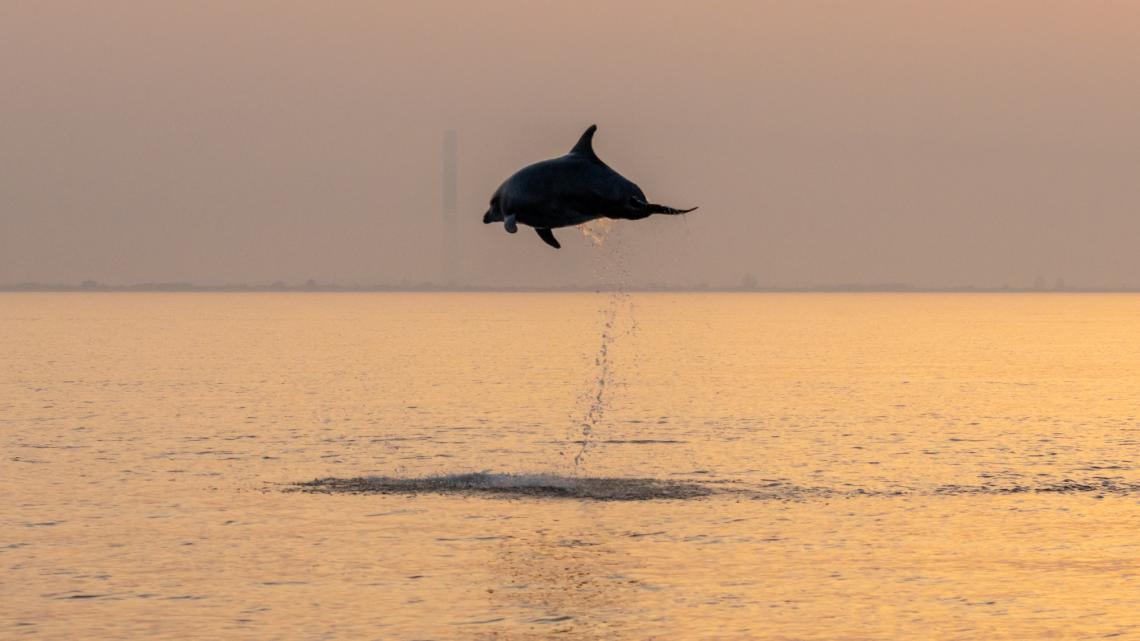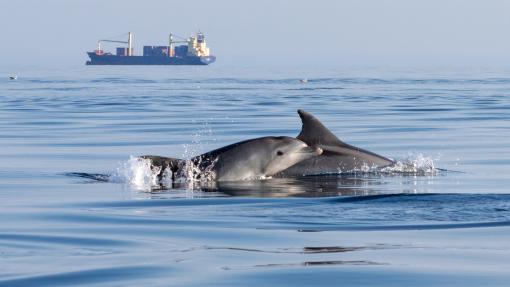Part of the project aims to evaluate the cultural ecosystem services of key marine species and marine/coastal ecosystems in the northern Adriatic. This includes identifying and understanding the diverse benefits and values that stakeholders attribute to these ecosystems and their species. Additionally, an ethical matrix will be developed to assess and address ethical concerns and conflicts that may arise during conservation efforts for these key species and habitats.
Through a series of meetings, project partners (UL, UNIPD) have agreed on a joint methodology for implementing the research. This includes identifying key stakeholders in Slovenia and Italy, creating a stakeholder map, and developing an interview protocol. The methodology focuses on conducting focus groups, determining their size, and planning the logistics of interviews in both in-person and online formats in both countries. A common protocol for stakeholder interviews was developed to ensure a consistent approach is used in both countries, allowing for comparable results. You can find it HERE (available in SI or IT version).

Na podlagi pripravljalnih intervjujev s projektno skupino in pridruženimi partnerji je bil pripravljen seznam ključnih deležnikov.
Based on preparatory interviews with project group and associated partners, a list of key stakeholders was prepared.
During a project meeting, the project group was asked to evaluate different stakeholders based on their impact/influence on marine habitats and policy/management and their interest in marine conservation and management. Stakeholder mapping exercise led to the creation of two stakeholder maps—one for Slovenia and one for Italy. Identified stakeholders include fishermen, aquaculture, tourists and tourist providers, divers, protected area managers, researchers, marine conservation centers, and port authorities. These maps can be found HERE.
The implementation of focus groups and interviews with key stakeholders in Slovenia and Italy is planned at the beginning of next year. These interviews aim to explore the cultural ecosystem services of key marine species and coastal ecosystems by showcasing how these ecosystems support local livelihoods, tourism, recreational activities, and conservation efforts. Additionally, they will provide a tool to navigate potential ethical and value-based conflicts that may arise during conservation efforts, particularly regarding the protection of key species and coastal/marine habitats.

